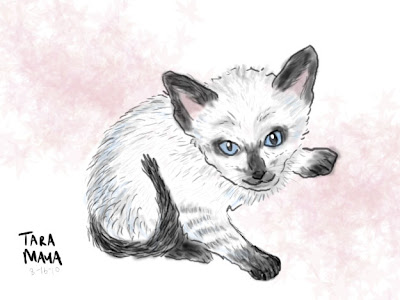This One Trick for Editing Will Amaze You!

Editing has made me realize something I've always been reluctant to admit. To explain what I mean, let me tell you what I'm doing right now. I'm working on Book 11 of The Unfinished Song: Flute. The title references the infamous Bone Flute that when played by someone with all six Chromas of magic, forces everyone else to dance to his tune. I have a strong draft of Flute, but it's one that I wrote before I revised Book 10, Sworn, the book right before this in the series. For a long series like this, it's essential to work form an outline. But what do you do when the outline changes? Or when you read the scenes of you draft and realize they aren't as strong as they could be? In my case, the outline itself isn't so wrong, but I feel as if many of the scenes just aren't doing enough work. This, I can see, is going to drag out the story too long, and I'll have the same problem in this book as I did with Sworn, fighting to keep my wordcount at a reasonab...


